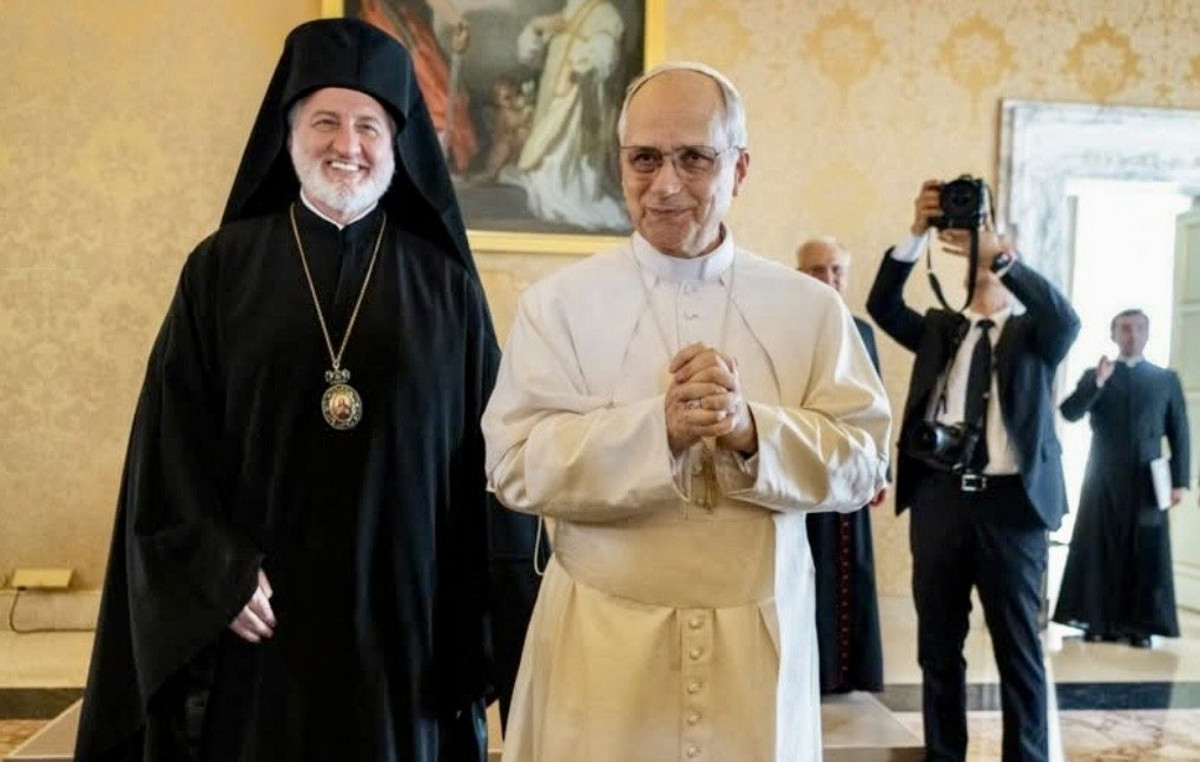Venezuela continues to build infrastructure and military equipment near the border with Guyana, as President Nicolás Maduro and his supporters intensify their threats to annex part of the oil-rich Guyanese territory.
In a report shared with CNN, The Washington-based Center for Strategic and International Studies (CSIS) warns that although the Venezuelan government “has little to gain and much to lose from a rapidly expanding conflict,” it continues to play “a dangerous game” with its claim over the Essequibo region.
“The constant assertion that 'Essequibo is ours', coupled with the creation of new military commands and legal structures to oversee the region's defense, is helping to institutionalize a sense of perpetual pre-war status quo,” he wrote.
Tension in the region, which makes up about two-thirds of Guyana's territory, rose last year following a Venezuelan referendum in which voters agreed to the creation of a state in the disputed area.
Guyana called the move a step towards annexation and an “existential” threat as the shadow of armed conflict loomed over the region.
A CNN previously reported in February about an expansion of operations at the Venezuelan military base on Anacoco Island, despite both countries agreeing in December 2023 to pursue a diplomatic route to resolve the conflict.
Using satellite imagery and social media, CSIS discovered that expansion of the Anacoco Island military base continued.
Researchers identified the construction of a bridge over the Cuyuni River to connect the Venezuelan side of the river to the island, which has been a point of contention between the countries.
It had been granted to Guyana in an 1899 decision by an international tribunal. However, Venezuela annexed it in the 1960s.
The island's airfield has expanded and now includes a small control tower, CSIS writes.
Satellite images from March also show an area near the airfield with more than 75 field tents, “enough for a battalion-sized unit with several hundred agents.”
The tents have since been moved to the south side of the airfield “demonstrating the base's continued ability to provide logistics and resupply for a sizable military force continuously for more than a month,” he wrote.
Meanwhile, off the coast, at least two fast boats with Iranian-built Peykaap III (Zolfaghar) missiles were spotted at the small Venezuelan coast guard station in Punta Barima, “putting missiles and Venezuelan naval forces within range of Essequibo.” .
This area is 64 kilometers from the border with Guyana.
Maduro may “be a victim of his own rhetoric”
The threats worried Guyana's allies. Last week, two US Navy F/A-18 fighter jets flew over the capital Georgetown, demonstrating “routine security cooperation and the expansion of the bilateral defense partnership with Guyana,” the US embassy wrote.
Guyana has vast oil reserves and is on track to become the largest per capita oil producer in the world. However, it has an Army estimated at less than 5,000 soldiers and lacks the equipment or soldiers to face possible Venezuelan aggression.
All things considered, “if you're Guyana and your military has 5,000 people, it doesn't look like the Venezuelans are taking their foot off the gas,” Ryan Berg, director of CSIS's Americas Program and lead author of the report, told CNN.
Furthermore, there is speculation that the Venezuelan elections scheduled for the end of July gave Maduro motivation to increase tension against Guyana.
With this, he would be using the situation as a way to divert attention from the problems in the country.
The Study Center argues that, instead of repressing aggression after the vote, “Maduro may be tempted to intensify both rhetoric and action related to Essequibo, in a true strategy to manufacture a regional crisis in the aftermath of a stolen election.”
It may not be in Maduro's interest to “initiate an all-out conflict with neighboring Guyana, but his escalating rhetoric ties his political reputation and legitimacy to his willingness to back his words with force,” especially with his main domestic ally, the Armed Forces, assesses the CSIS.
“Thus, one of the most worrying possibilities is that Maduro is a victim of his own rhetoric. He aroused nationalist passions without providing an outlet”, they add.
Source: CNN Brasil
Bruce Belcher is a seasoned author with over 5 years of experience in world news. He writes for online news websites and provides in-depth analysis on the world stock market. Bruce is known for his insightful perspectives and commitment to keeping the public informed.







